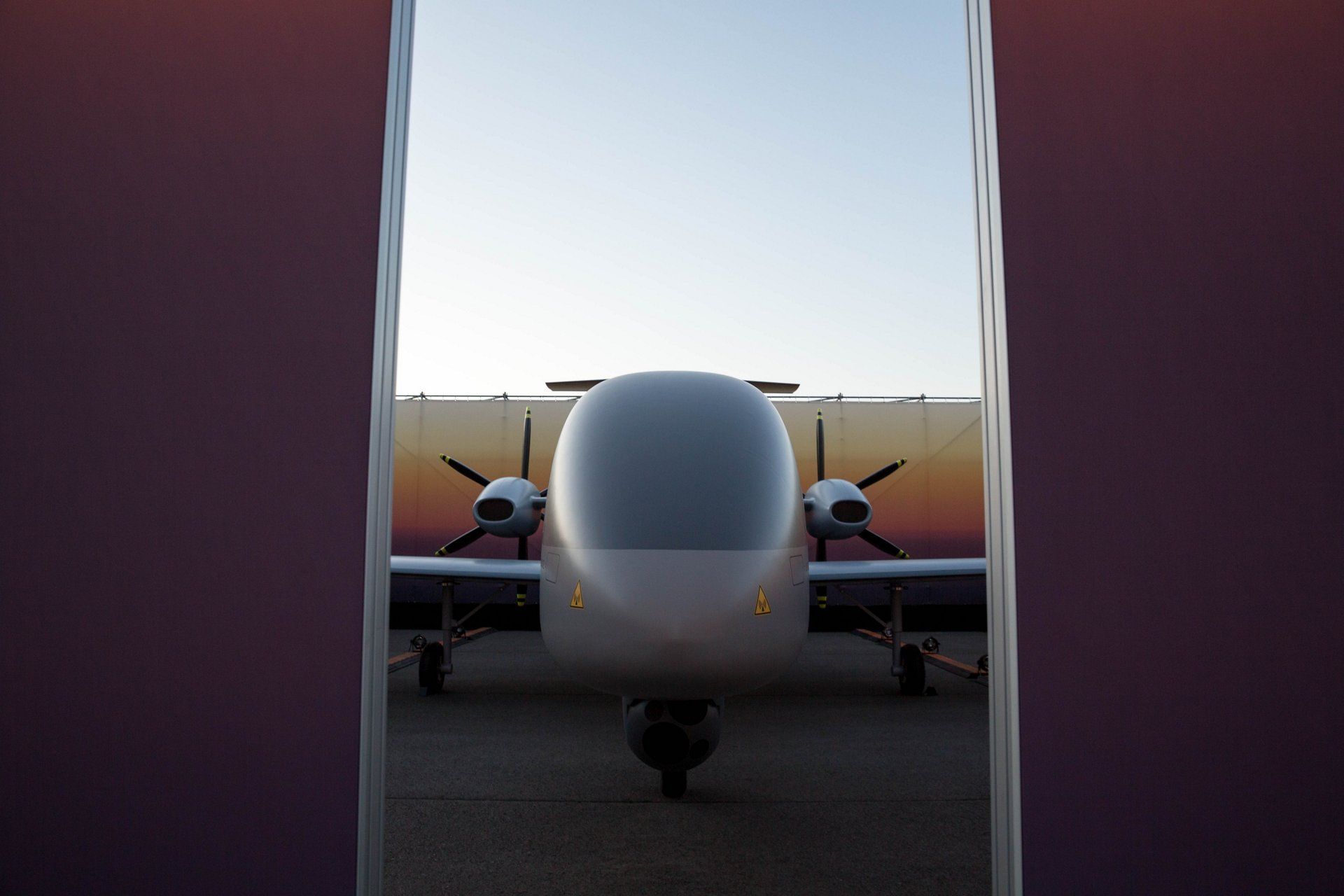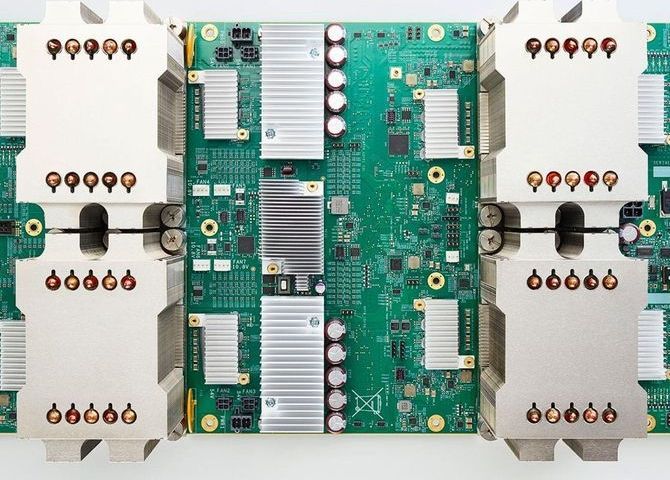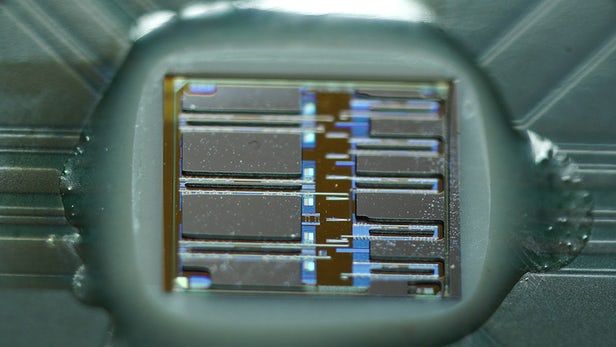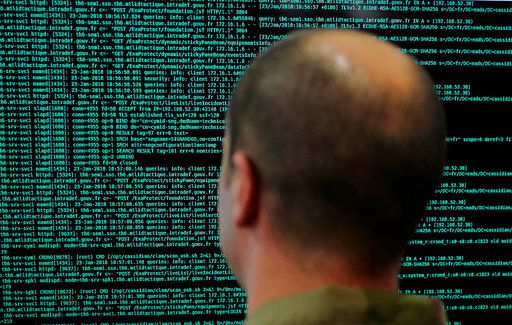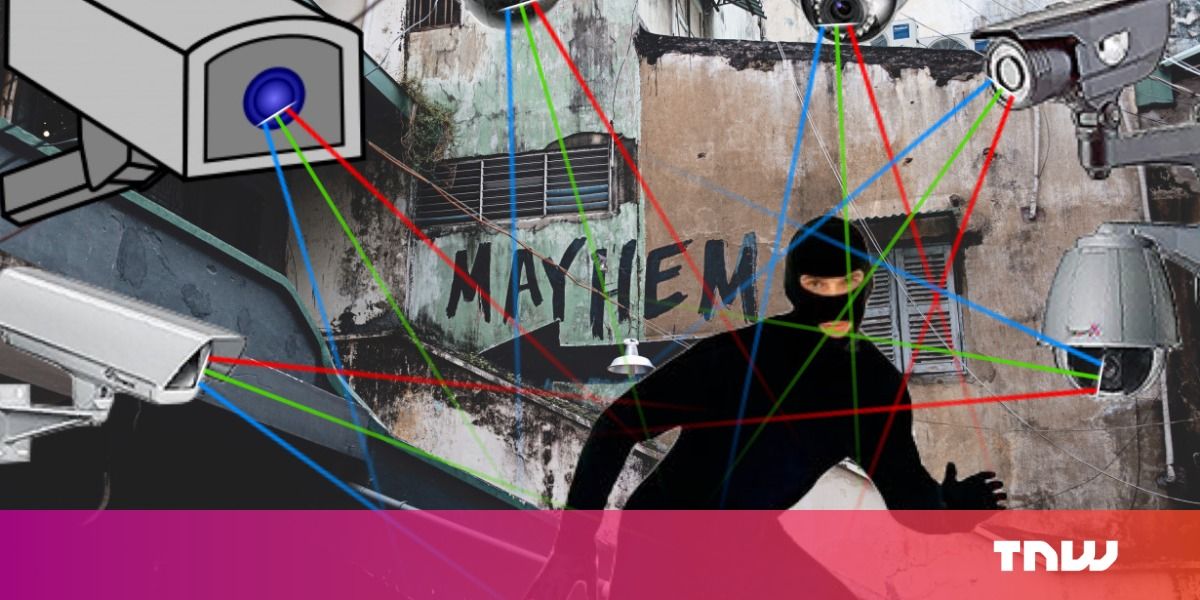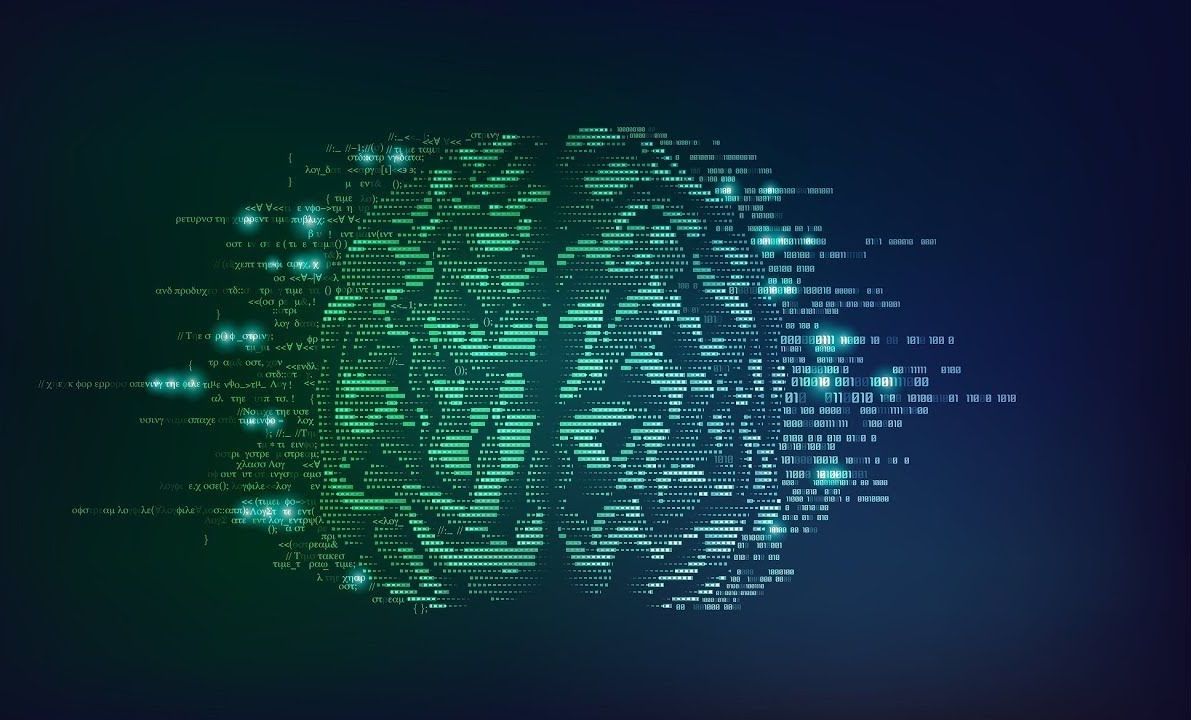Apr 30, 2018
Airbus, Dassault Aviation and Leonardo reaffirm their total commitment in the first fully European MALE programme
Posted by Roman Mednitzer in categories: robotics/AI, security, space, transportation
Berlin 26th April 2018 – The first full scale model of the European Medium-Altitude Long-Endurance Remotely Piloted Aircraft (MALE RPAS) was unveiled today during a ceremony held at the 2018 ILA Berlin Air Show, which opened its gates at Schönefeld airport.
The reveal ceremony, led by Dirk Hoke, Airbus Defence and Space Chief Executive Officer (CEO), Eric Trappier, Dassault Aviation Chairman and CEO and Lucio Valerio Cioffi, Leonardo’s Aircraft Division Managing Director, confirms the commitment of the four European States and Industrial partners to jointly develop a sovereign solution for European Defence and Security.
The unveiling of the full scale model and the reaffirmed commitment comes after a nearly two-year definition study launched in September 2016 by the four participating nations Germany, France, Italy and Spain and follows the Declaration of Intent to work together on a European MALE unmanned aerial system signed by the countries in May 2015.
